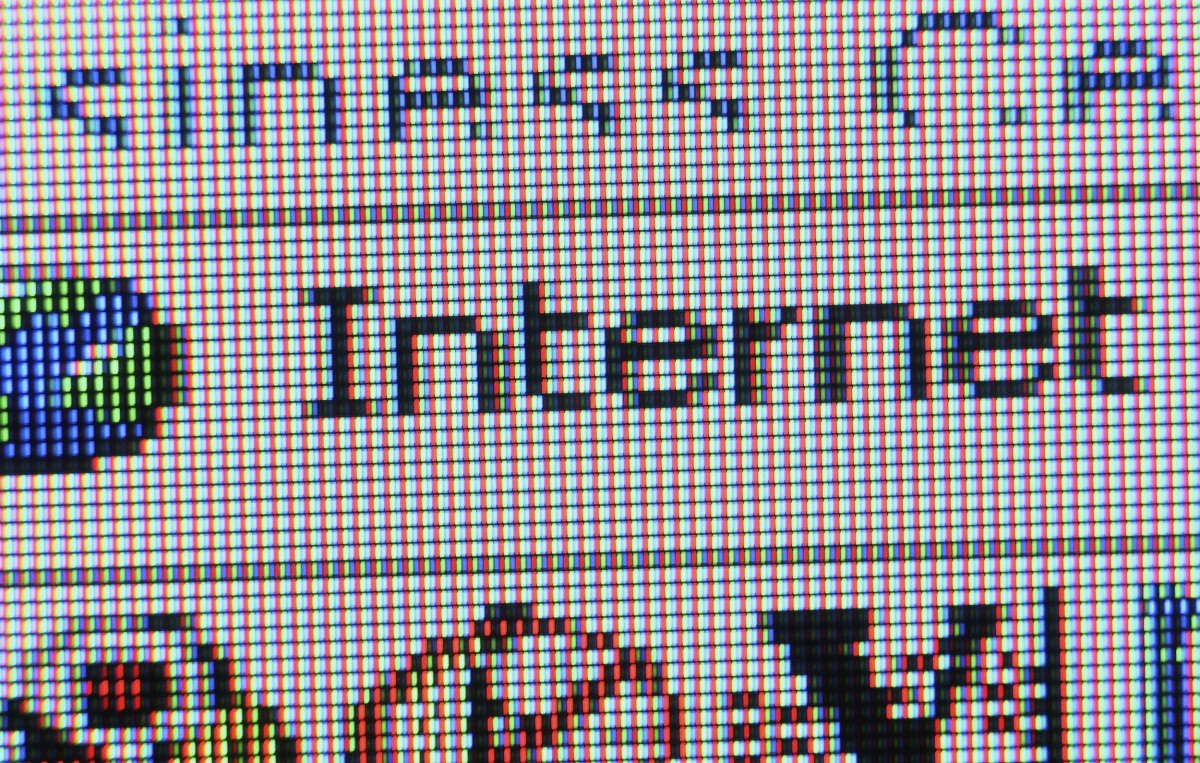This article first appeared on RobertReich.org.
The FCC is voting Thursday on whether to repeal the "Net Neutrality" rule adopted in 2015.
Since its creation, the Internet has been an open exchange of ideas and information, free from corporate control and influence.
But corporations could soon have tremendous power over what we can access and share online, ending the Internet as we know it.
In 2015, the FCC passed a landmark rule that prevents Internet service providers from favoring some sites over others – slowing down connections or charging customers a fee for streaming or other services. It gave Americans equal access to all the content that's available on the Internet – videos, social media, e-commerce sites, etc – at the same speeds.
Now, though, Donald Trump's handpicked chairman of the Federal Communications Commission, Ajit Pai, wants to abolish "Net Neutrality." He wants to give telecommunications giants like Comcast, Verizon and AT&T the upper hand.

Pai – himself a former Verizon executive – defends the rollback by "Under my proposal, the federal government will stop micromanaging the Internet." Baloney. His plan would be a huge gift to cable companies. It would:
1. Drive up prices for Internet service. Broadband providers could charge customers higher rates to access certain sites, or raise rates for Internet companies to reach consumers faster speeds. Either way, these prices hikes would be passed along to you and me.
2. Give corporate executives free reign to slow down and censor news or websites that don't match their political agenda, or give preference to their own content – for any reason at all.
3. Stifle innovation . Cable companies could severely hurt their competitors by blocking certain apps or online services. Small businesses who can't afford to pay higher rates could be squeezed out altogether.
Broadband providers claim that Net Neutrality rules actually hurts consumers because it discourages investment in their networks.
Rubbish. Since Net Neutrality was adopted, investment has remained consistent. During calls with investors, telecom executives themselves have even admitted that Net Neutrality hasn't hurt their businesses.
In the modern age, unfettered access to the Internet is essential to a vibrant democracy and strong economy.
There's still time. Please help stop this corporate power grab over what we can say and do online.
Robert Reich is the chancellor's professor of public policy at the University of California, Berkeley, and a senior fellow at the Blum Center for Developing Economies. He served as secretary of labor in the Clinton administration, and Time magazine named him one of the 10 most effective Cabinet secretaries of the 20th century. He has written 14 books, including the best-sellers Aftershock, The Work of Nations and Beyond Outrage and, most recently, Saving Capitalism. He is also a founding editor of The American Prospect magazine, chairman of Common Cause, a member of the American Academy of Arts and Sciences and co-creator of the award-winning documentary Inequality for All. HIs latest documentary, "Saving Capitalism," is available on Netflix.
Uncommon Knowledge
Newsweek is committed to challenging conventional wisdom and finding connections in the search for common ground.
Newsweek is committed to challenging conventional wisdom and finding connections in the search for common ground.
About the writer
To read how Newsweek uses AI as a newsroom tool, Click here.








